About CAPE – Council on Addiction Prevention and Education of Dutchess County
All their services are based on nationally established educational programs and policies. And their prevention educators are certified by the National Safety Council. This means their programs and services meet the highest quality standards. Up to ten prevention and education programs are available.
The “Alive at 25” is a court mandated and research backed course for young drivers aged 16 to 24. This four-and-a-half-hour class helps participants gain awareness, develop safety skills, and create a healthy decision-making foundation. In addition, they offer addiction prevention education and counseling to families, faculties and students across ten schools in four districts through the Project Success Program.
This is achieved through individual and group counseling, referral and family communication services. Another research-backed program, Team Teen, serves teenagers aged 12 to 19 who exhibit mild to moderate issues related to drug and alcohol abuse.
Motivational interviewing is employed in this program to improve coping skills and communication while educating the teen on the negative impacts of substance abuse on health. There’s also a more elaborate program known as “ Too Good for Drugs and Violence” that lasts for fifteen weeks. This drug and violence prevention course promotes social and emotional learning via fun and interactive lessons.
These lessons minimize the risk associated with substance use disorders while boosting the protective factors. These protective factors include a pro-social attitude, healthy relationships and resistance to substance use. Most of the programs are fee-based, while few are grant-funded.
Teens aged 12 to 18 can also join the agency’s Generation Hope Youth Clubhouse. This free program offers a safe and conducive space for middle and high schoolers to hang out, socialize and play fun games. All while accessing services that promote health and wellness. Comments from past clients mainly indicate a positive experience with this agency, with some highlighting their friendly environment and staff.
Latest Reviews
Rehab Score
Other Forms of Payment
Self-pay involves paying for treatment out of your own pocket. You can use savings or credit, get a personal loan, or receive help from family and friends to fund your treatment. If you don't have insurance or your insurance plan doesn't cover a specific program, self-pay can help ensure you still get the care you need.
Addiction Treatments
Levels of Care
Outpatient Programs (OP) are for those seeking mental rehab or drug rehab, but who also stay at home every night. The main difference between outpatient treatment (OP) and intensive outpatient treatment (IOP) lies in the amount of hours the patient spends at the facility. Most of the time an outpatient program is designed for someone who has completed an inpatient stay and is looking to continue their growth in recovery. Outpatient is not meant to be the starting point, it is commonly referred to as aftercare.
Treatments
The goal of treatment for alcoholism is abstinence. Those with poor social support, poor motivation, or psychiatric disorders tend to relapse within a few years of treatment. For these people, success is measured by longer periods of abstinence, reduced use of alcohol, better health, and improved social functioning. Recovery and Maintenance are usually based on 12 step programs and AA meetings.
When you choose drug rehab in New York, you'll participate in a variety of treatments that are designed to help you live a drug-free lifestyle. Common methods of treatment include group, individual, and family counseling, medication management, nutrition, exercise, and management of co-occurring mental health disorders.
A combined mental health and substance abuse rehab has the staff and resources available to handle individuals with both mental health and substance abuse issues. It can be challenging to determine where a specific symptom stems from (a mental health issue or an issue related to substance abuse), so mental health and substance abuse professionals are helpful in detangling symptoms and keeping treatment on track.
Opioid rehabs specialize in supporting those recovering from opioid addiction. They treat those suffering from addiction to illegal opioids like heroin, as well as prescription drugs like oxycodone. These centers typically combine both physical as well as mental and emotional support to help stop addiction. Physical support often includes medical detox and subsequent medical support (including medication), and mental support includes in-depth therapy to address the underlying causes of addiction.
Programs
Adult rehab programs include therapies tailored to each client's specific needs, goals, and recovery progress. They are tailored to the specific challenges adult clients may face, including family and work pressures and commitments. From inpatient and residential treatment to various levels of outpatient services, there are many options available. Some facilities also help adults work through co-occurring conditions, like anxiety, that can accompany addiction.
Young adulthood can be an exciting, yet difficult, time of transition. Individuals in their late teens to mid-20s face unique stressors related to school, jobs, families, and social circles, which can lead to a rise in substance use. Rehab centers with dedicated young adult programs will include activities and amenities that cater to this age group, with an emphasis on specialized counseling, peer socialization, and ongoing aftercare.
Clinical Services
Research clearly demonstrates that recovery is far more successful and sustainable when loved ones like family members participate in rehab and substance abuse treatment. Genetic factors may be at play when it comes to drug and alcohol addiction, as well as mental health issues. Family dynamics often play a critical role in addiction triggers, and if properly educated, family members can be a strong source of support when it comes to rehabilitation.
Group therapy is any therapeutic work that happens in a group (not one-on-one). There are a number of different group therapy modalities, including support groups, experiential therapy, psycho-education, and more. Group therapy involves treatment as well as processing interaction between group members.
In individual therapy, a patient meets one-on-one with a trained psychologist or counselor. Therapy is a pivotal part of effective substance abuse treatment, as it often covers root causes of addiction, including challenges faced by the patient in their social, family, and work/school life.
Life skills trainings involve all the skills a person must have in order to function successfully in the world. These include time management, career guidance, money management, and effective communication. Truly successful addiction recovery is based on the ability to not only live substance-free, but to thrive. Life skills teaches the practical necessities of functioning in society, which sets clients up for success in life, and therefore sobriety.
Nicotine Replacement Therapy (NRT) is a way of getting nicotine into the bloodstream without smoking. It uses products that supply low doses of nicotine to help people stop smoking. The goal of therapy is to cut down on cravings for nicotine and ease the symptoms of nicotine withdrawal.
Amenities
-
Residential Setting
-
Private Setting
Staff & Accreditations
Staff
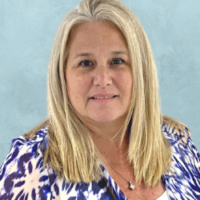
Dana Nalbandian
Interim Agency Director & Staff Accountant
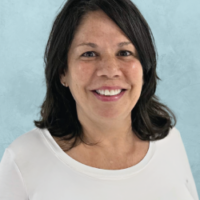
Linda Cestero
Office Administrator
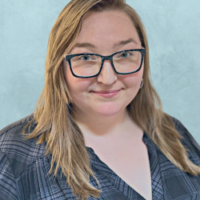
Alara Bedka
Marketing & IT Administrator
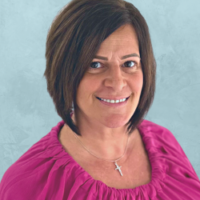
Dora Celestino
Community Educator
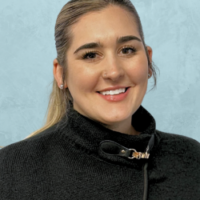
Brittani Romanelli
Clubhouse Coordinator
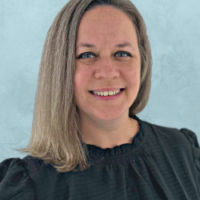
Michele Franks
SDCC Coordinator
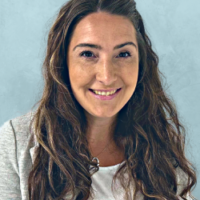
Andrea Cucci
NDCC Coordinator & SDCC Youth Coordinator
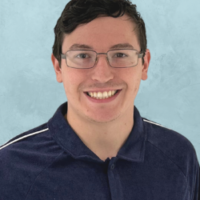
Raymond Drogan
Prevention Counselor
Accreditations

State Licenses are permits issued by government agencies that allow rehab organizations to conduct business legally within a certain geographical area. Typically, the kind of program a rehab facility offers, along with its physical location, determines which licenses are required to operate legally.
State License: New York
License Number: 34340
Contact Information
1 Marshall Rd
Suite 3G
Wappingers Falls, NY 12590